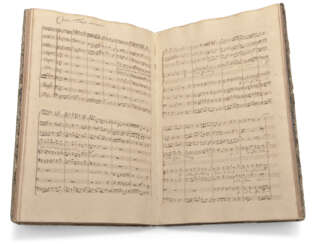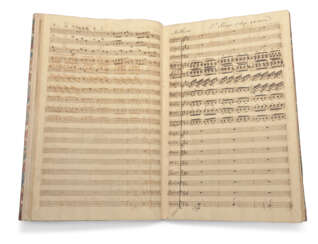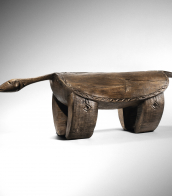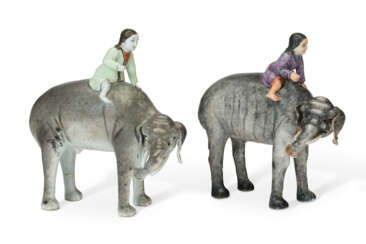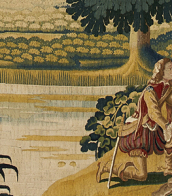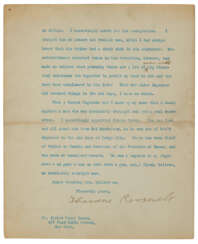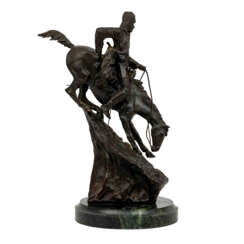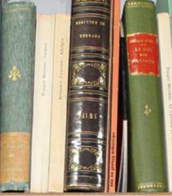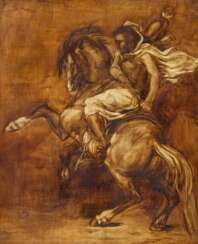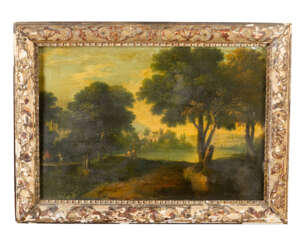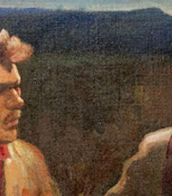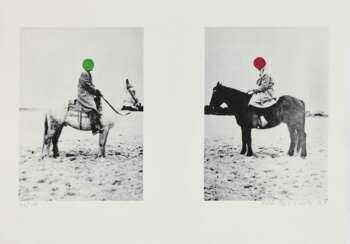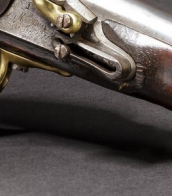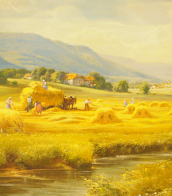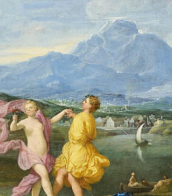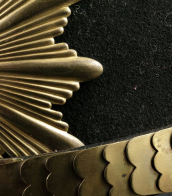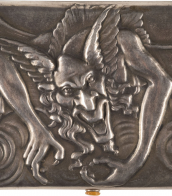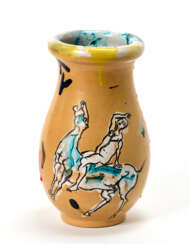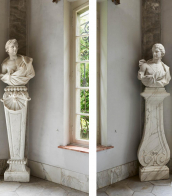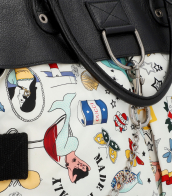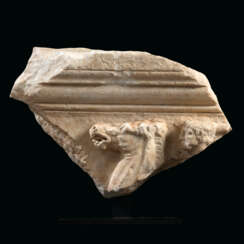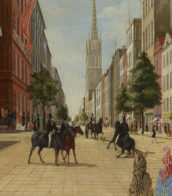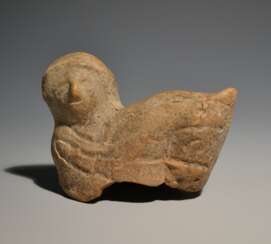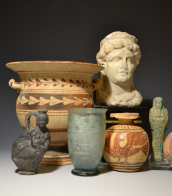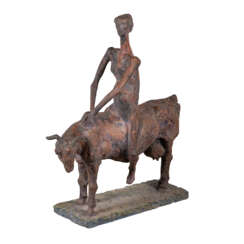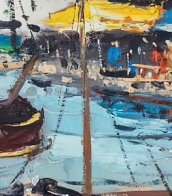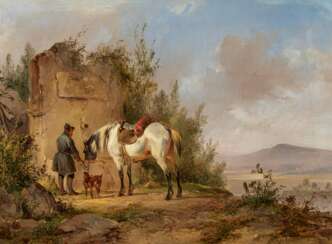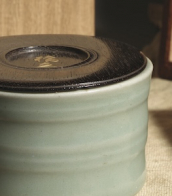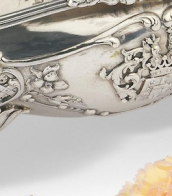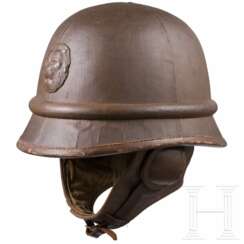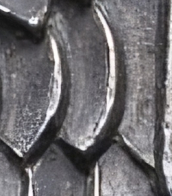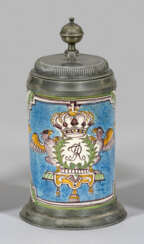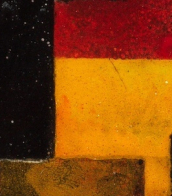rider
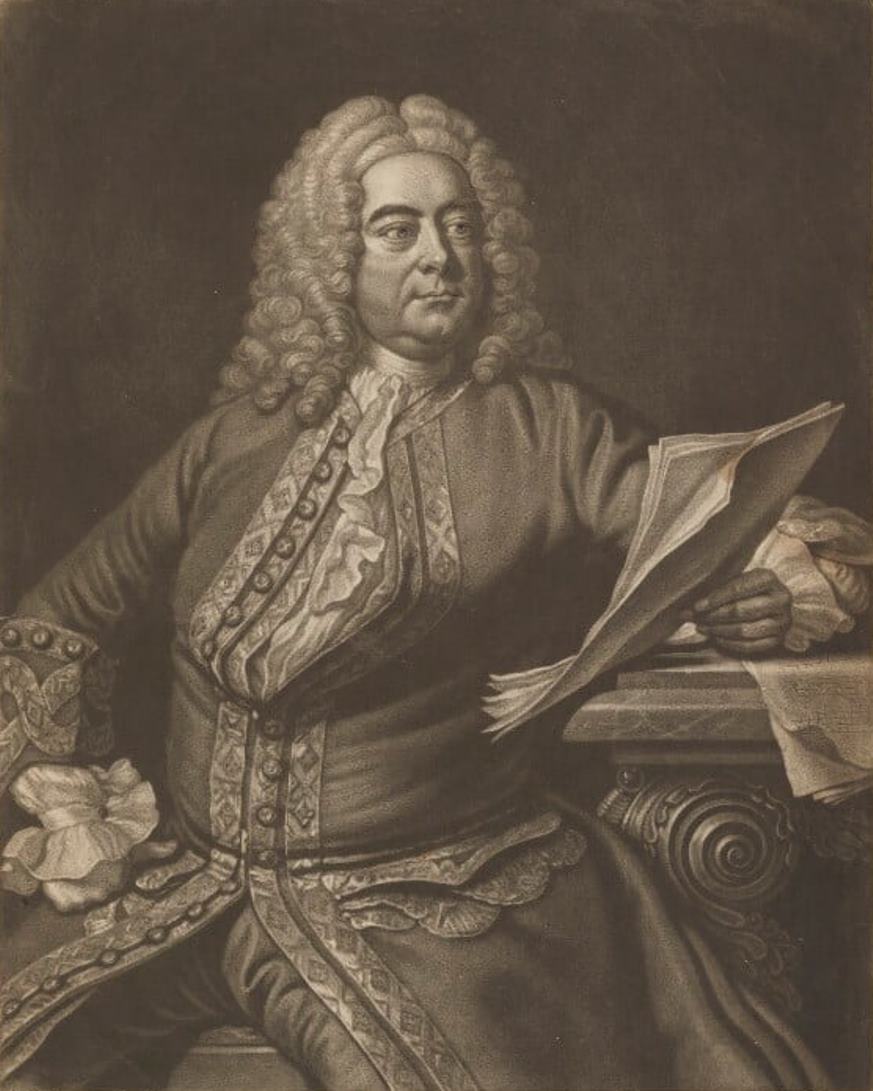
George Frideric Handel was a German-born English composer of the Baroque period.
After receiving a musical education, Handel worked briefly as an organist at the cathedral in Halle, then joined the violin section of the opera orchestra in Hamburg. After spending several years in Italy, he wrote many works there, including two operas. The style of Italian music permeated the composer's work throughout his life. Having become famous in Italy, in 1710 Handel was appointed Kapellmeister to the Elector of Hanover, the future King George I of England, and two years later he was already staging his operas in London.
In 1727 Handel became a British subject and was appointed composer to the Chapel Royal. In this capacity he wrote many musical works. From 1720 to 1728, operas at the Royal Theater in London were staged by the Royal Academy of Music, and Handel wrote the music for most of them.
In 1741, Handel wrote the most famous of his many oratorios, Messiah. Handel had a talent for musically portraying a human character in a single scene or aria - a gift he used with great dramatic power in his operas and oratorios. Although much of his music was vocal, Handel was also one of the recognized instrumental composers of the late Baroque era. Handel paid tribute to church music by composing many solemn hymns.
Handel's music has become an integral part of the national culture of England, and in Germany he is also honored as a major national composer.


George Frideric Handel was a German-born English composer of the Baroque period.
After receiving a musical education, Handel worked briefly as an organist at the cathedral in Halle, then joined the violin section of the opera orchestra in Hamburg. After spending several years in Italy, he wrote many works there, including two operas. The style of Italian music permeated the composer's work throughout his life. Having become famous in Italy, in 1710 Handel was appointed Kapellmeister to the Elector of Hanover, the future King George I of England, and two years later he was already staging his operas in London.
In 1727 Handel became a British subject and was appointed composer to the Chapel Royal. In this capacity he wrote many musical works. From 1720 to 1728, operas at the Royal Theater in London were staged by the Royal Academy of Music, and Handel wrote the music for most of them.
In 1741, Handel wrote the most famous of his many oratorios, Messiah. Handel had a talent for musically portraying a human character in a single scene or aria - a gift he used with great dramatic power in his operas and oratorios. Although much of his music was vocal, Handel was also one of the recognized instrumental composers of the late Baroque era. Handel paid tribute to church music by composing many solemn hymns.
Handel's music has become an integral part of the national culture of England, and in Germany he is also honored as a major national composer.
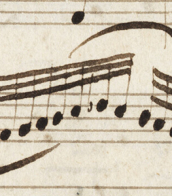

George Frideric Handel was a German-born English composer of the Baroque period.
After receiving a musical education, Handel worked briefly as an organist at the cathedral in Halle, then joined the violin section of the opera orchestra in Hamburg. After spending several years in Italy, he wrote many works there, including two operas. The style of Italian music permeated the composer's work throughout his life. Having become famous in Italy, in 1710 Handel was appointed Kapellmeister to the Elector of Hanover, the future King George I of England, and two years later he was already staging his operas in London.
In 1727 Handel became a British subject and was appointed composer to the Chapel Royal. In this capacity he wrote many musical works. From 1720 to 1728, operas at the Royal Theater in London were staged by the Royal Academy of Music, and Handel wrote the music for most of them.
In 1741, Handel wrote the most famous of his many oratorios, Messiah. Handel had a talent for musically portraying a human character in a single scene or aria - a gift he used with great dramatic power in his operas and oratorios. Although much of his music was vocal, Handel was also one of the recognized instrumental composers of the late Baroque era. Handel paid tribute to church music by composing many solemn hymns.
Handel's music has become an integral part of the national culture of England, and in Germany he is also honored as a major national composer.

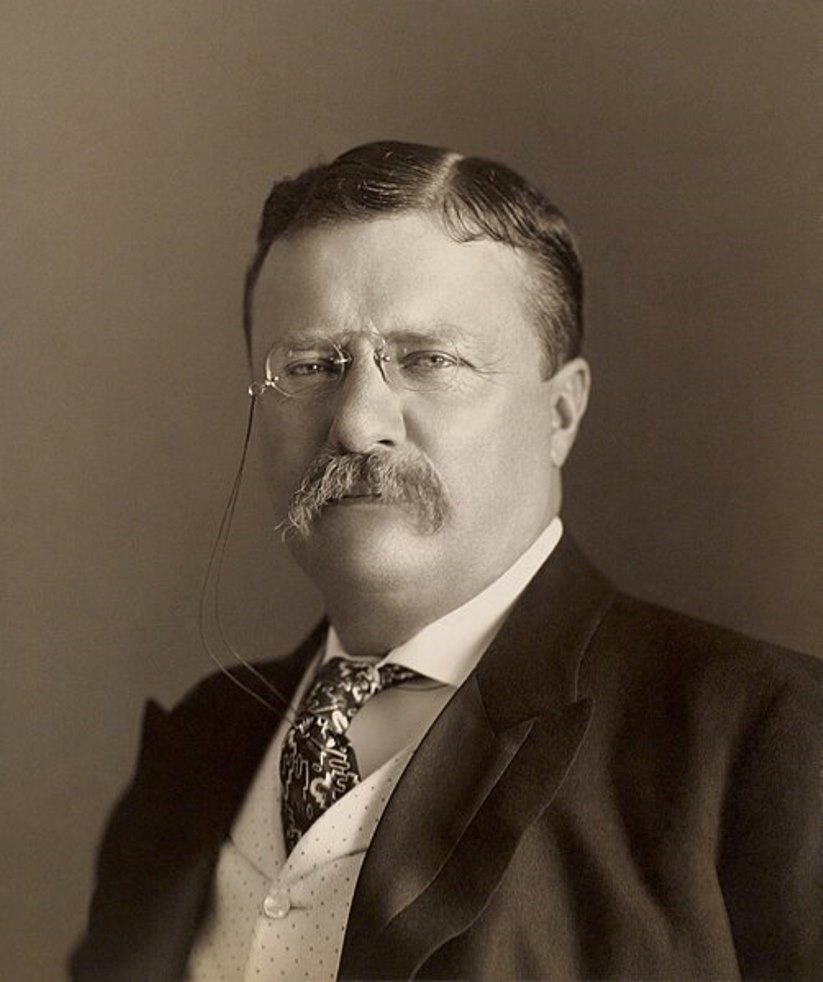

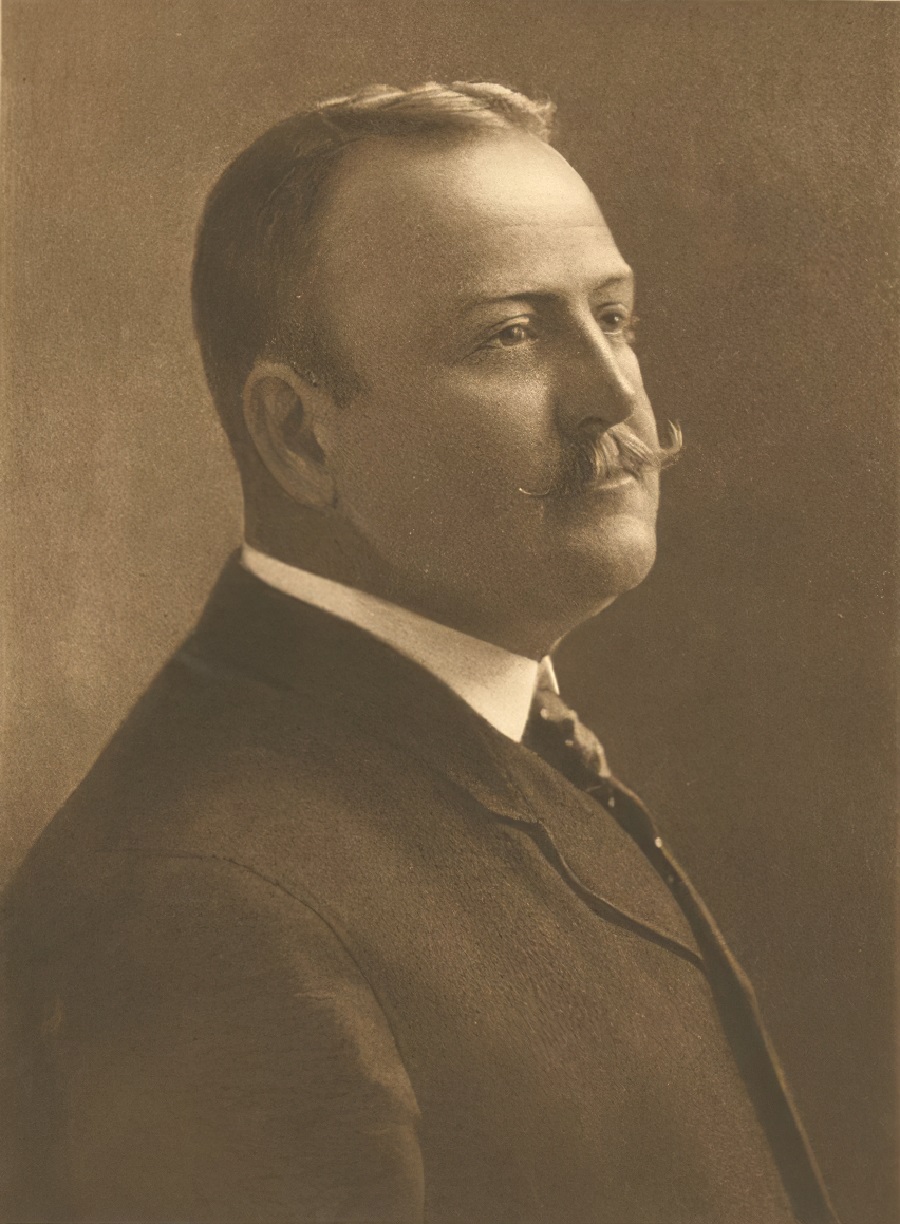
Frederic Sackrider Remington, an American artist born in 1861 in Canton, New York, is celebrated for his vivid portrayals of the American West. Specializing in painting, sculpture, and illustration, Remington captured the essence of Western life through dynamic scenes of cowboys, Native Americans, and the U.S. Cavalry, evoking a nostalgic era that was quickly vanishing by the late 19th century.
Remington's early experiences in the West, which included ventures into sheepherding and prospecting, profoundly influenced his artwork. Despite initial business failures and personal setbacks, his first-hand encounters with the rugged landscapes and frontier characters provided authentic material for his art. By the mid-1880s, Remington’s work began to gain recognition, and he quickly established himself as a significant figure in Western art, contributing illustrations to popular magazines like Harper’s Weekly.
In his later years, Remington's style evolved, displaying a notable shift towards impressionism and atmospheric mood in his "Nocturnes" series. These paintings are characterized by a dramatic use of light and shadow to convey the mystery and tension of nighttime in the West. Despite his own critical self-view, these works were highly regarded and marked a significant contribution to American art history. Remington’s art is featured in major collections, including the Metropolitan Museum of Art and the Frederic Remington Art Museum in Ogdensburg, New York, preserving his legacy as an icon of American culture.
For those interested in exploring more about Frederic Remington’s life and works, updates on exhibitions and sales can be subscribed to, keeping enthusiasts connected to new insights and offerings related to this influential artist.
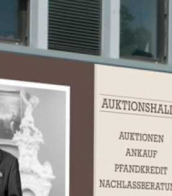
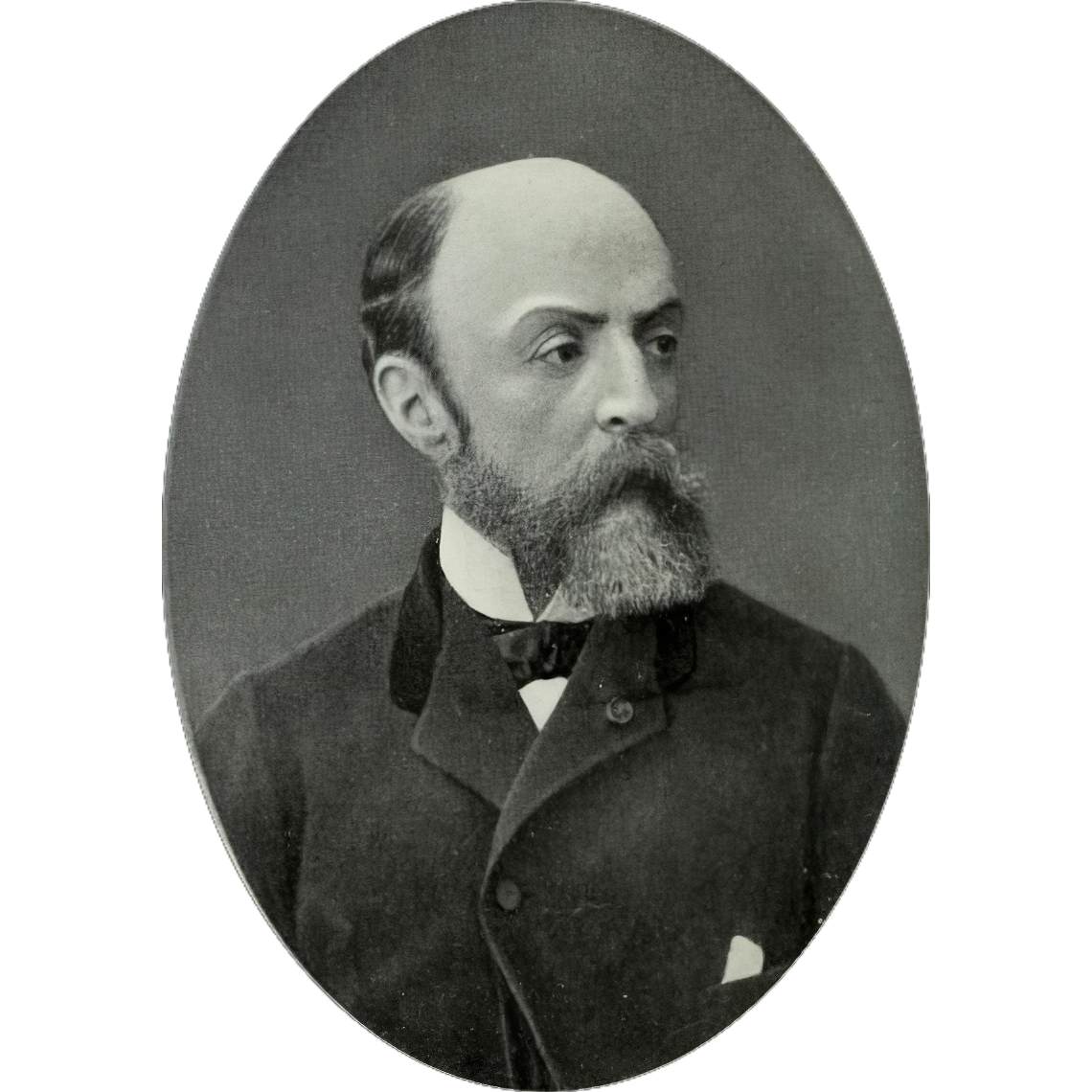
Eugène Fromentin was a French painter and writer, now better remembered for his writings.
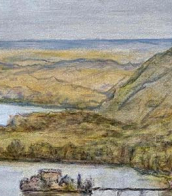
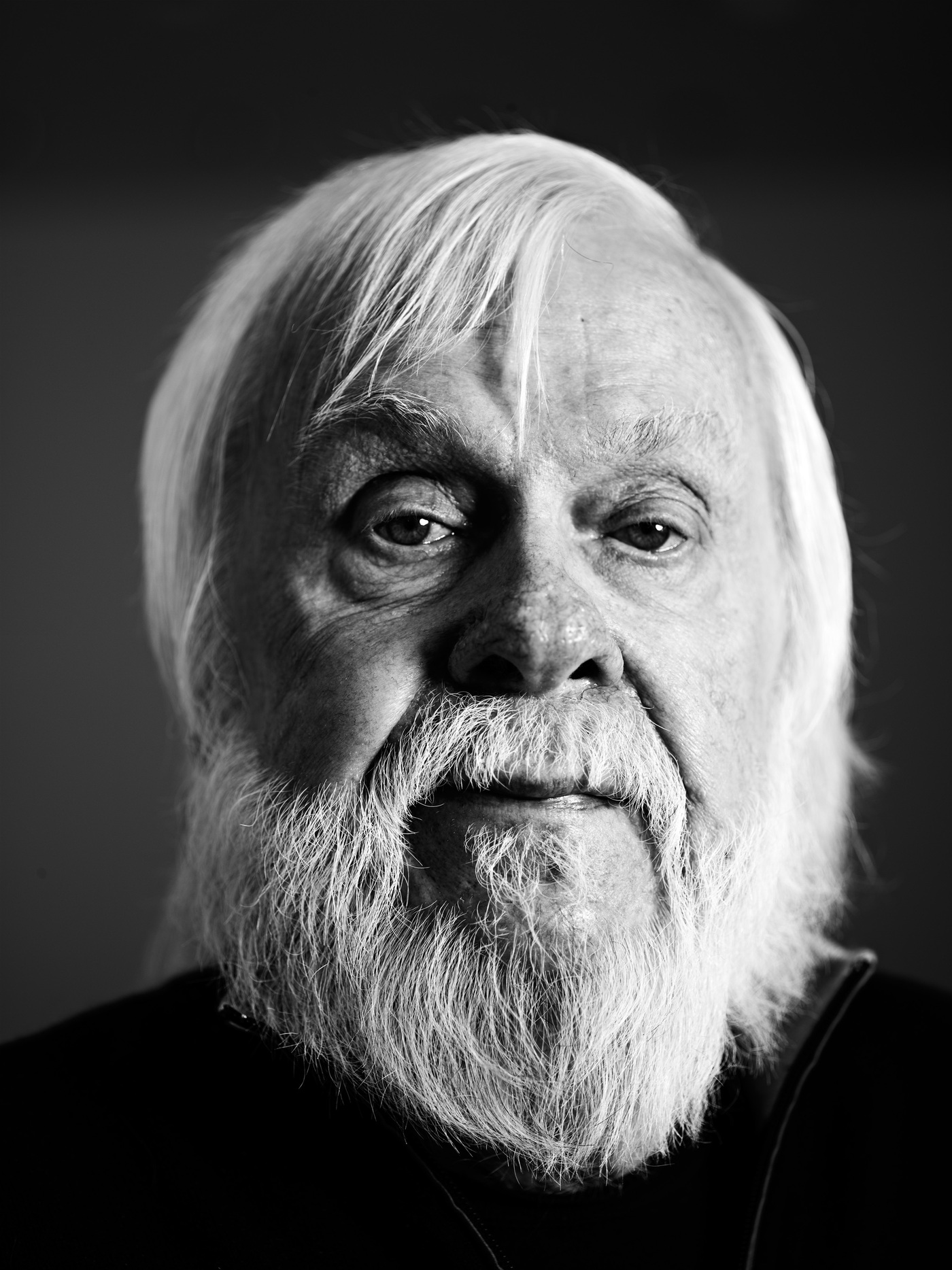
John Baldessari was an American conceptual artist known for his work featuring found photography and appropriated images. He lived and worked in Santa Monica and Venice, California.
Initially a painter, Baldessari began to incorporate texts and photography into his canvases in the mid-1960s. In 1970 he began working in printmaking, film, video, installation, sculpture and photography. He created thousands of works which demonstrate — and, in many cases, combine — the narrative potential of images and the associative power of language within the boundaries of the work of art. His art has been featured in more than 200 solo exhibitions in the U.S. and Europe. His work influenced that of Cindy Sherman, David Salle, Annette Lemieux, and Barbara Kruger among others.
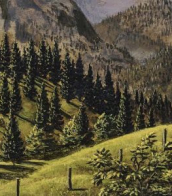
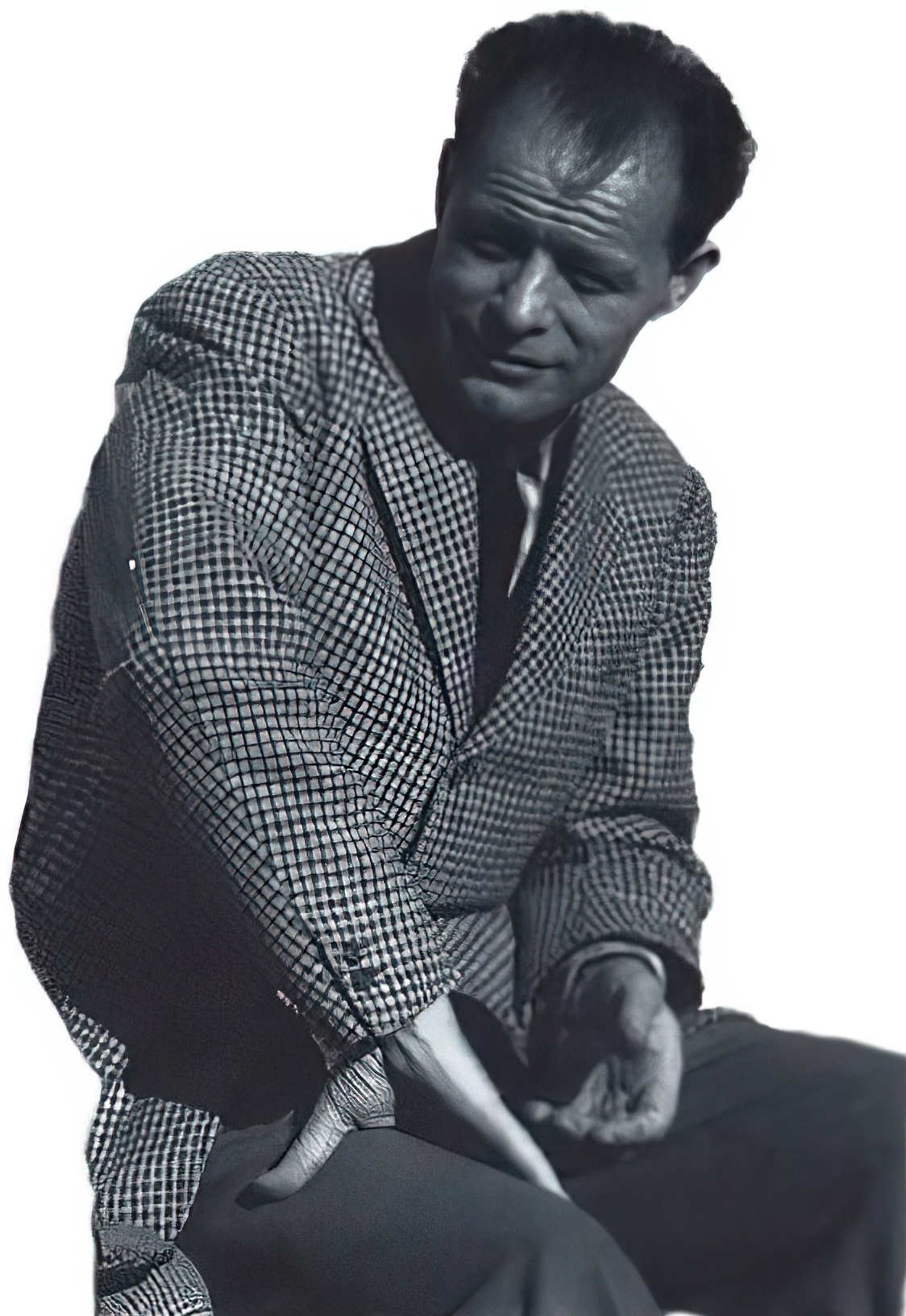
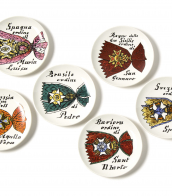
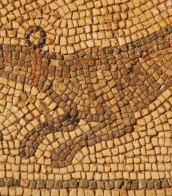

Wouterus Verschuur the Younger (Dutch: Wouterus Verschuur, also Wouter Verschuur) was a Dutch painter, student and follower of his painter father Wouterus Verschuur the Elder. The main theme of his work is horses, genre rural scenes, and landscapes.



